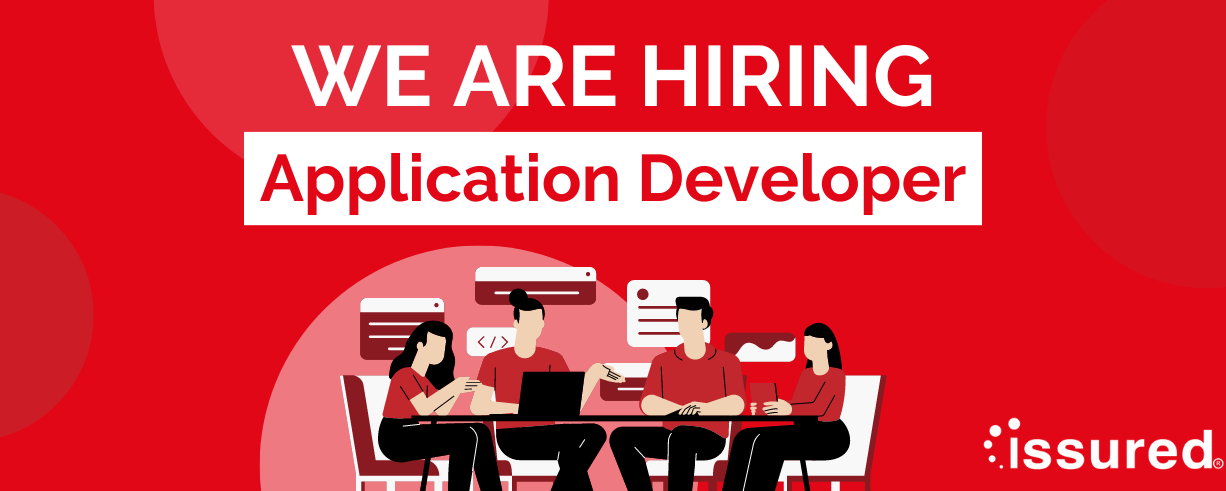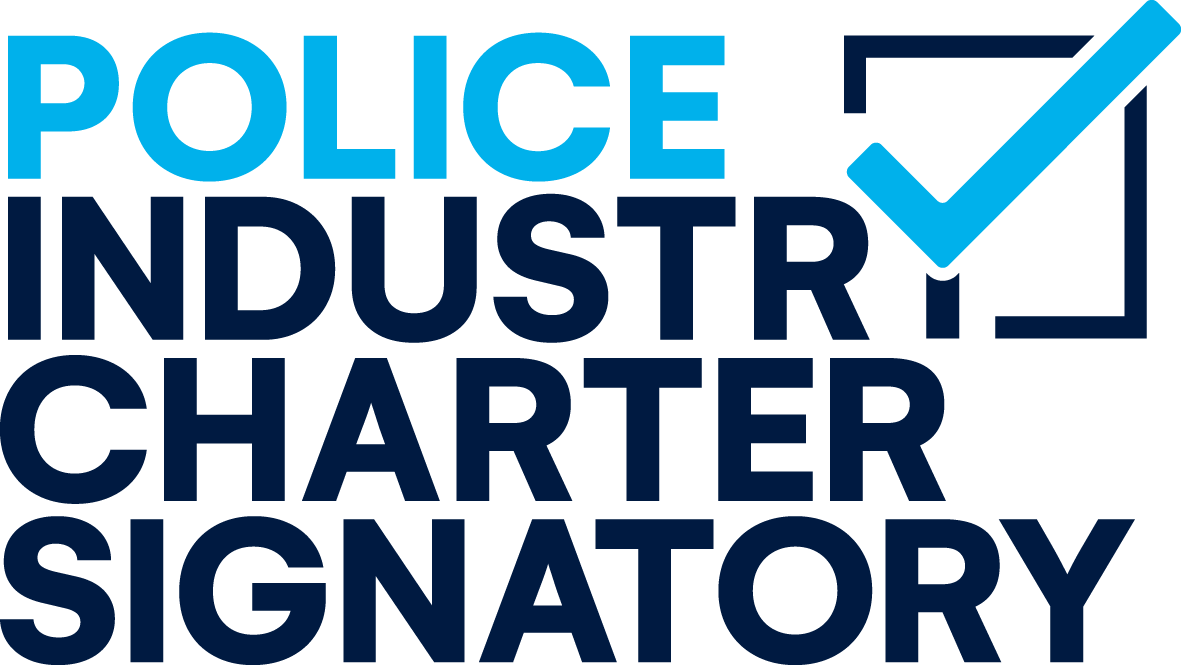
Creating Inclusive Workplaces for Autistic Individuals
In recent years, there has been a growing recognition of the importance of diversity and inclusion (D&I) in the workplace. This is underpinned by more organisations putting strategies in place to support D&I, like the UK Civil Service, and legislation like the Equality Act 2010. Among the various dimensions of diversity, neurodiversity has gained prominence. Autism, a neurodevelopmental condition, is a key aspect of neurodiversity that has become a focus for employers seeking to promote inclusive environments, something we’ve seen when delivering autism awareness training. In this article we take a look at the challenges faced by autistic individuals, inclusive workplace practices you can establish, and the benefits of employing neurodiverse employees.
Background
Autism is developmental condition that affects social interaction, communication, and behaviour. According to the World Health Organisation, around 1 in 100 people are on the autism spectrum. This means that a significant portion of the workforce may consist of autistic individuals.
Despite the prevalence of autism, individuals on the spectrum often face challenges in the workplace. According to a report by the Department for Work & Pensions in 2023, only 30% of autistic adults in the UK are in employment, highlighting the need for a more inclusive approach. Many autistic individuals possess valuable skills and talents that can contribute significantly to the workplace, but creating an environment that supports their unique strengths must be considered.
Challenges for Autistic Individuals
In a recent BBC News article, Café Track (a Northampton-based social enterprise) was created by Tom Cliffe ‘after feeling “angered” by the lack of employment prospects for autistic people.’ As a charity that has supported over 120 autistic people into work, Tom Cliffe said: “It’s not a nice thing to do to employ an autistic person – it’s a good business choice.”
Autistic individuals encounter unique challenges in the workplace, ranging from social interactions to sensory sensitivities. Communicating effectively, understanding non-verbal cues, and navigating unpredictable social dynamics can be particularly challenging.
Sensory overload, such as sensitivity to noise or bright lights, may contribute to discomfort in typical office environments. Misunderstandings and stigmas related to autism can also hinder professional growth.
It is a step in the right direction for workplaces to acknowledge and address these challenges through awareness programmes, tailored accommodations, and a commitment to encouraging a culture of acceptance. Read on to find out some inclusive workplace practices you can employ to help everyone feel supported and welcome.
Inclusive Workplace Practices
To create a truly inclusive workplace, employers can implement a variety of strategies to support autistic individuals. Here are some key considerations:
Understanding Autism
To encourage inclusivity, employers and colleagues can educate themselves about autism. This includes understanding the characteristics of autism, such as differences in communication styles, sensory sensitivities, and potential challenges in social interactions. Training programmes can be organised to raise awareness and promote a better understanding of autism in the workplace.
Flexible Work Arrangements
Recognising that autistic people may have specific needs and preferences, like offering flexible work arrangements, can be beneficial. This could involve adjusting work hours, providing remote work options, or creating quiet and sensory-friendly spaces within the workplace. Flexibility allows autistic individuals to thrive in an environment that suits their requirements.
Effective Communication
Clear and direct communication is important for autistic individuals. Employers can effectively communicate by using straightforward language, avoiding ambiguous instructions or jargon, and providing written instructions when necessary. Additionally, establishing open and judgement-free spaces to communicate openly contributes to a supportive work environment.
Mental Health Support
Recognise the potential impact of mental health on autistic individuals. Offering mental health resources, access to counselling services, and creating a stigma-free environment promotes overall well-being. Employers can also establish employee assistance programmes to support the mental health of all staff members.
Benefits of Neurodiversity
According to BeyondAutism, ‘Each year the UK spend around £32bn in care and lost earnings to support autistic children and adults. With the right early intervention and support autistic people can live more independently.’
By hiring neurodiverse employees, organisations can expect numerous advantages. Autistic individuals bring unique strengths, such as heightened attention to detail, exceptional problem-solving skills, and a fresh perspective on challenges.
Companies that actively promote neurodiversity show a commitment to social responsibility. By recognising the strengths found in neurodiverse individuals, organisations not only nurture inclusivity but also tap into a diverse pool of talents, ultimately improving their overall success.
What’s Next for Workplace Inclusion?
Embracing neurodiversity, particularly in the context of autism, is not just a legal or moral obligation for employers; it is an opportunity to unlock the full potential of their workforce. By implementing inclusive practices, understanding the unique strengths of autistic individuals, and fostering a supportive work environment, organisations can create a culture that celebrates diversity and values the contributions of every employee. In doing so, workplaces can become spaces where autistic people thrive, bringing innovation, creativity, and unique perspectives.
To put these practices into action, a review by Sir Robert Buckland (backed by the UK Government) has set out 19 recommendations for employers to support autistic people and to create inclusive workplaces.
If you are interested in finding out more about autism inclusion, why not join a fully funded virtual workshop hosted by Café Track (sponsored and funded by Issured) which explores Autism in the Workplace. Café Track is a social enterprise based in Northamptonshire that hires autistic people to provide experience in the world of work. So far, they’ve supported 120 autistic adults into employment.
Recent Posts
Matthew's career transition from the Armed Forces to civilian life at Issured is not just a personal milestone but a [...]
All Issured recruitment is done through Identifi Global, so please send any applications to sudha.madhan@identifiglobal.com Salary: £45,000 - £60,000 per [...]
All Issured recruitment is done through Identifi Global, so please send any applications to sudha.madhan@identifiglobal.com Location: Milton Keynes (Head Office) with [...]














